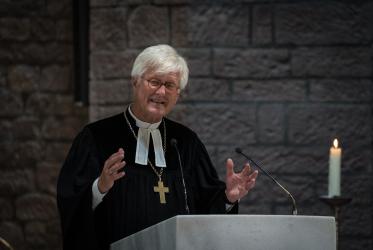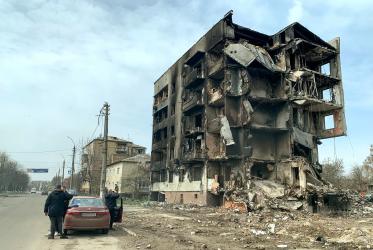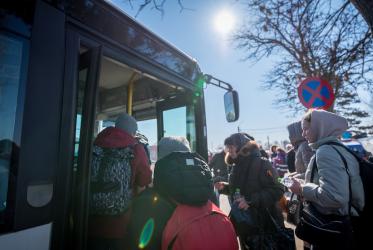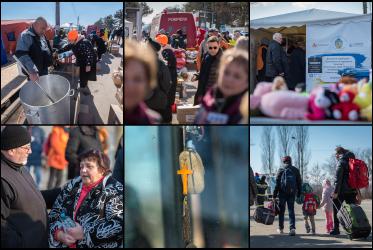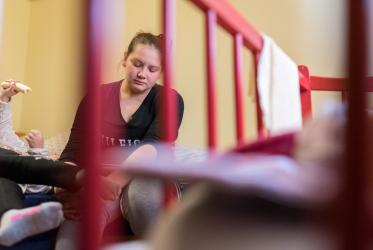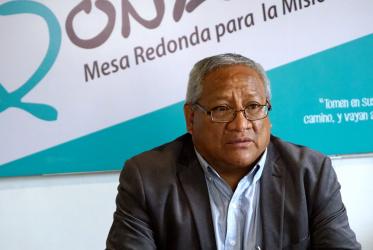Displaying 1 - 18 of 18
Migrants in Argentina find listening ears and open hearts
04 November 2022
Ukraine: Responding to humanitarian need
08 September 2022
G20 summit: call to pray for peace in Hamburg
07 July 2017
